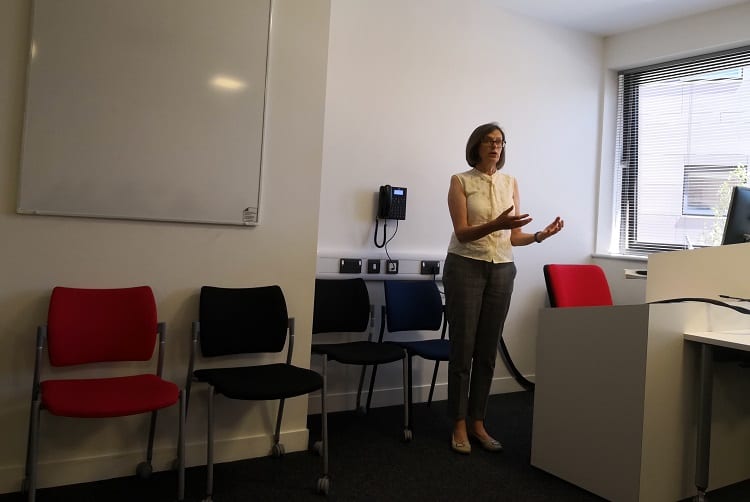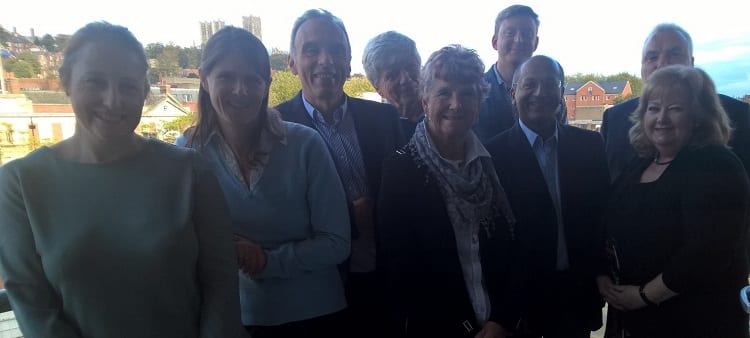Dr Elise Rowan joins CaHRU as Clinical Database Manager

Elise joined CaHRU in October 2019 as Clinical Database Manager. Elise aims to use her skills and past experience with data management and clinical research project/surgical trial management to support various on-going and new projects at CaHRU. Elise gained her Continue reading Dr Elise Rowan joins CaHRU as Clinical Database Manager



